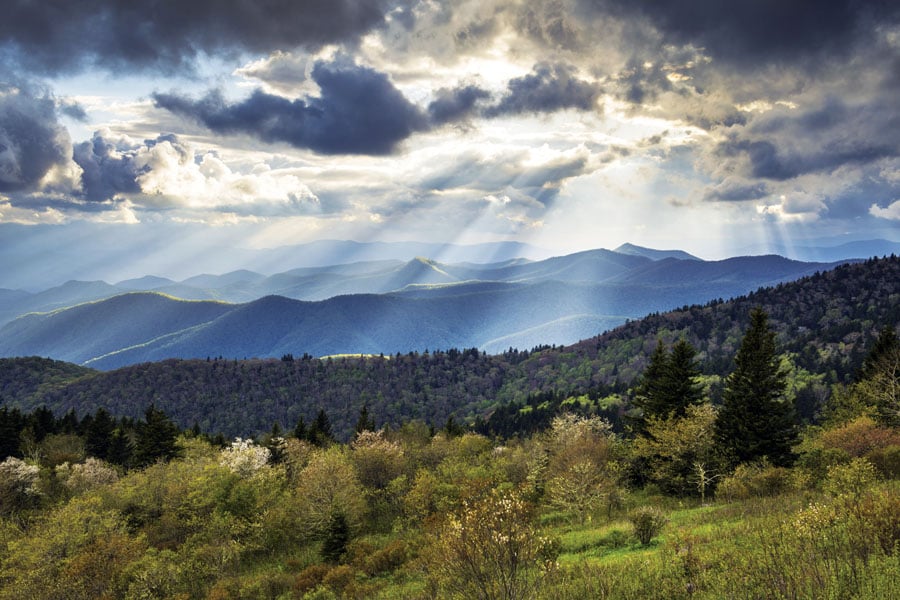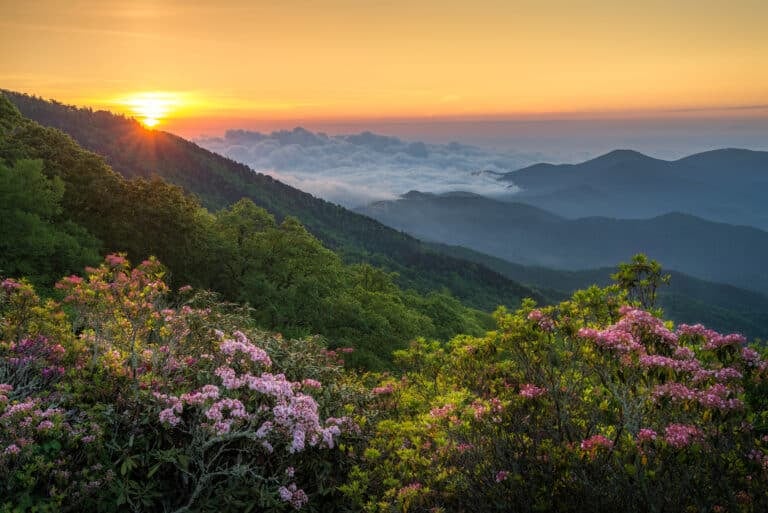I spent last week trekking across big, beautiful mountains, and their pull on me was powerful as ever. It prompted me to wonder: Why do we seek out mountains and, in some cases, challenge ourselves against them?
I was hoping to find answers in science. Biologist E.O. Wilson argues that we’re hardwired to feel a special connection with natural systems, something he calls “biophilia.” Because of how we evolved, he says, certain natural settings can be inviting at a deep, biological level. These settings embody the “connections we subconsciously seek with the rest of life,” connections Wilson believes are literally rooted in our blood. For example, Wilson suggests that we are drawn to the African savannah because our species originated there. But this certainly doesn’t explain why mountains—which can be dangerous and forbidding, and often lack life—wield such a visceral effect on us.
Next, I turned to the intersection of natural science and math, where there is longstanding evidence that humans are attracted to symmetry. This can be traced back to ancient Greek times when Plato wrote of golden ratios and shapes like rectangles were held in the highest regard. The Greeks believed in three prongs to beauty: symmetry, proportion, and harmony.
Modern experiments confirm the Greeks were on to something. Numerous psychology studies show that babies are more attracted to symmetrical shapes than non-symmetrical ones, and that we rate people’s beauty based on the symmetry of their faces. Scientists hypothesize this strong preference for balance is borne out of the fact that symmetry may represent superior genetic quality and also symbolize a lack of stress during development.
Mountains, however, are anything but symmetrical. If anything, their inherent asymmetry—jagged edges, undulating ridgelines, and steep pitches—is the very result of continuous stress throughout their development, including earthquakes, monsoons, and other natural disasters. If mountains were humans, they’d be disfigured and malformed, the oldest, most battered of us all.
Physics was easy to cross off the list. Its fundamental force, gravity, says that what goes up must come down. Yet mountains tend to have the opposite effect, bringing what is down up, elevating the spirit and soul of those who stand below.
A neuroscientist might argue that the sensation mountains elicit is related to a lack of oxygen in high-altitude air. While altitude definitely has real and formidable effects—I can attest to these effects personally—feeling drunk is different than feeling moved. Mountains continue to take our breath away long after science says it should have returned.
Although science may not directly answer the question of why we are drawn to mountains, it is beginning to uncover the benefits of such a draw. Researchers from the University of California, Berkeley, found that awe may be related to good health. Experiencing awe is associated with lower levels of interleukin-6, which is a molecule that encourages inflammation. In other words, more awe is likely associated with less inflammation. Dacher Keltner, senior author on the study, told the New York Times that although awe can be hard to define, one of the emotion’s primary qualities is that it “passes the goosebumps test.”
Perhaps we are drawn to mountains because they elicit awe, and awe makes us feel good. But this still does not explain why mountains inspire awe in the first place.
Could it be that mountains affect us so powerfully because they are big and remind us that we are small? Especially in today’s tumult of Facebook and Twitter and customized newsfeeds and on-demand everything, it is very easy to get lost in our own little worlds—little worlds in which it is easy to feel pretty big. While there is a power to feeling big, there is an equal and perhaps even greater power to feeling small.
Dasher Keltner seems to agree. He wrote that “vastness” and “self-diminishment” are typical characteristics of awe. He even called out mountains as emblematic of an “awe inspiring entity.”
George Mallory, a British Mountaineer who partook in the first three expeditions on Everest (and ultimately lost his life trying to summit), famously said of why he climbed Everest, “Because it is there… Its existence is a challenge. The answer is instinctive, a part of man’s desire to conquer the universe.”
But perhaps Mallory wasn’t completely correct. Yes, we want to conquer mountains, but maybe not because we long to “conquer the universe.” Rather, it could be that the act of climbing a mountain tends to have the opposite effect—not conquering the universe but connecting us to it, reminding us how vast the universe is and how small a part of it we are.








